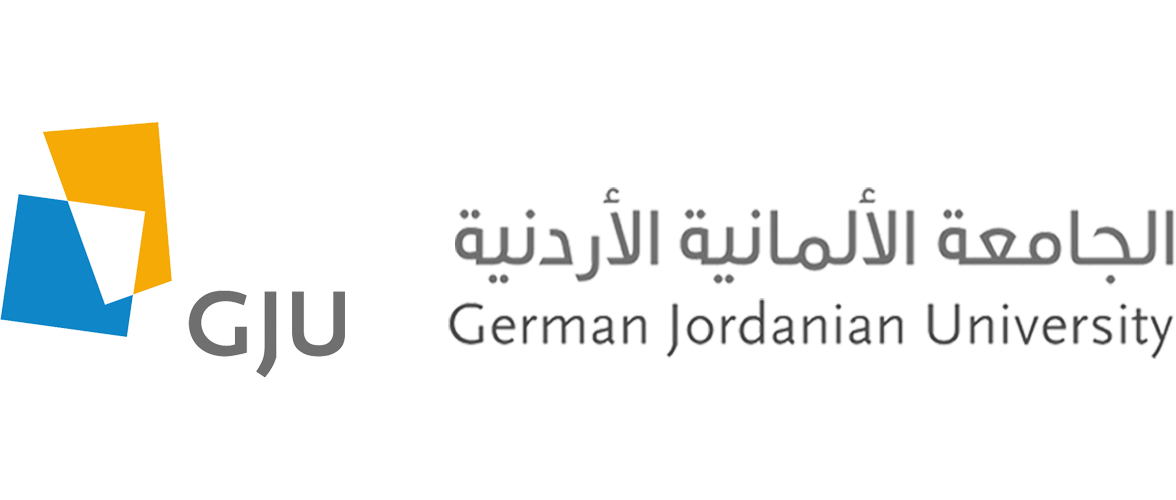 The German Jordanian University has launched a series of training courses focused on green hydrogen technology funded by the German Corporation for International Cooperation (GIZ),. These courses are designed for academic staff at Jordanian universities and involve the participation of researchers from the university's smart grid lab, as well as Dr. Adeeb Laham from Northumbria University in Britain
The German Jordanian University has launched a series of training courses focused on green hydrogen technology funded by the German Corporation for International Cooperation (GIZ),. These courses are designed for academic staff at Jordanian universities and involve the participation of researchers from the university's smart grid lab, as well as Dr. Adeeb Laham from Northumbria University in BritainDuring the inaugural session, the President of the German Jordanian University and the Director of the project, Prof. Alaaldeen Al-Halhouli emphasized the significance of spreading knowledge and equipping personnel in the field of hydrogen energy. They stressed the importance of sharing this knowledge with colleagues from Jordanian and Arab universities, given the global demand for diverse and eco-friendly energy sources. The objective is to familiarize participants with this cutting-edge technology and provide essential courses covering various aspects of it. Additionally, the President of GJU mentioned the recently established hosted program with the Technical University of Applied Sciences Würzburg-Schweinfurt, focusing on hydrogen technology engineering. This program, the first of its kind in the region, is set to commence soon and will admit its inaugural cohort in the academic year 2022/2023.
Professor Al-Halhouli highlighted one of the project's primary goals, which is to develop comprehensive courses on green hydrogen production, transportation, storage, and its diverse applications. He also emphasized how such projects directly contribute to the achievement of the United Nations' sustainable development goals, particularly those related to promoting inclusive economic growth, productive employment, and equal work opportunities for all. Furthermore, he noted that green hydrogen and its derivatives will play a crucial role in attaining the thirteenth sustainable development goal, which calls for urgent action to combat climate change and its impacts. Green hydrogen's reliance on renewable energy sources as an alternative to fossil fuels will significantly contribute to reducing carbon dioxide emissions. Moreover, it will support the realization of the seventh sustainable development goal, aiming to ensure universal access to reliable, sustainable, and affordable modern energy. The project's head, Dr. Hani Mohsen, emphasized the significance of this technology in contributing to the achievement of sustainable goals, ultimately leading to zero net carbon dioxide emissions by 2050.
At the conclusion of the first session, it was agreed to establish research groups focused on topics related to green hydrogen, and certificates of participation were distributed to the attendees.
It is worth mentioning that the Royal Jordanian Society published a report highlighting the opportunities presented by green hydrogen in Jordan, the sectors that can benefit from this technology, the challenges it faces, as well as its potential impact on economic growth and the labor market both within and outside of Jordan

